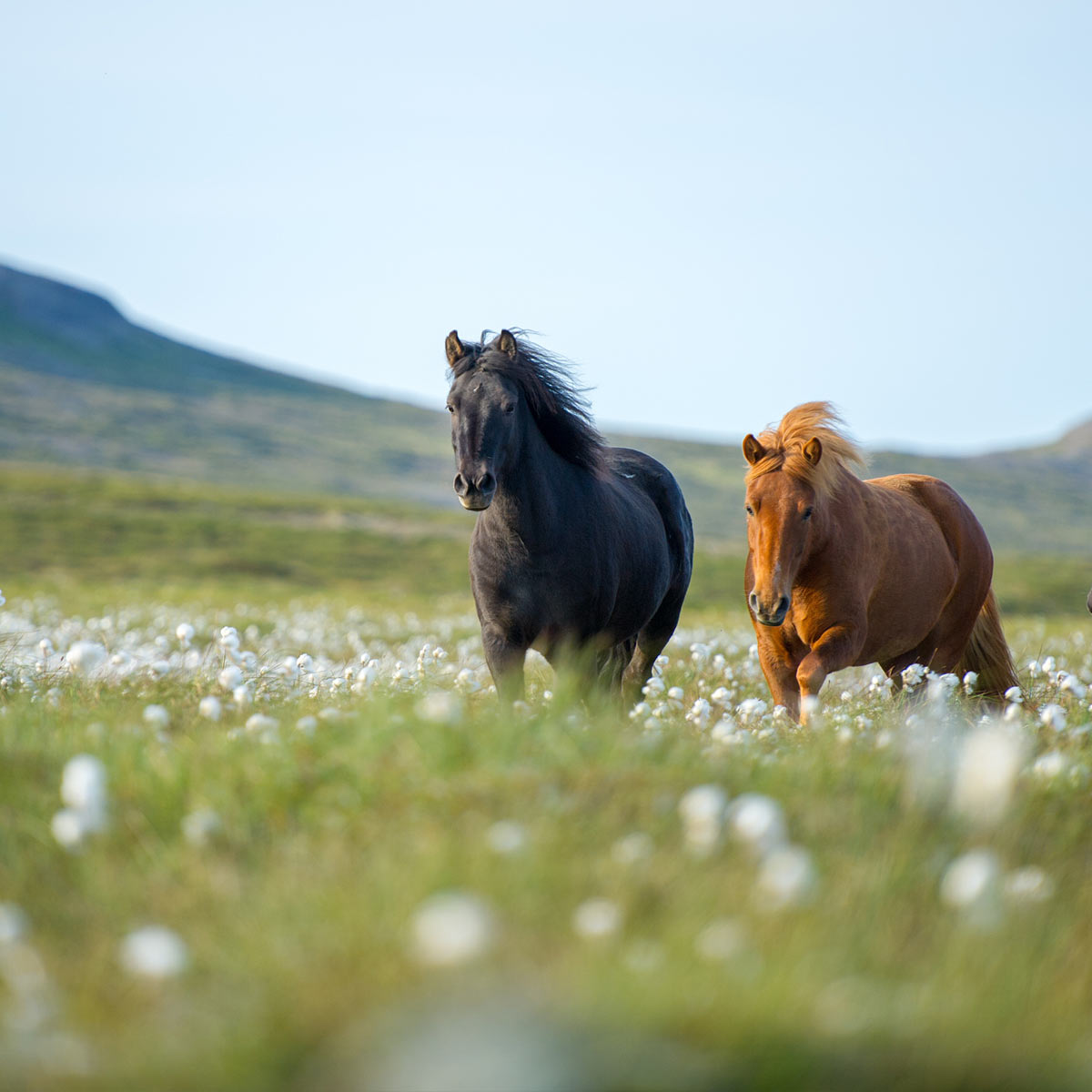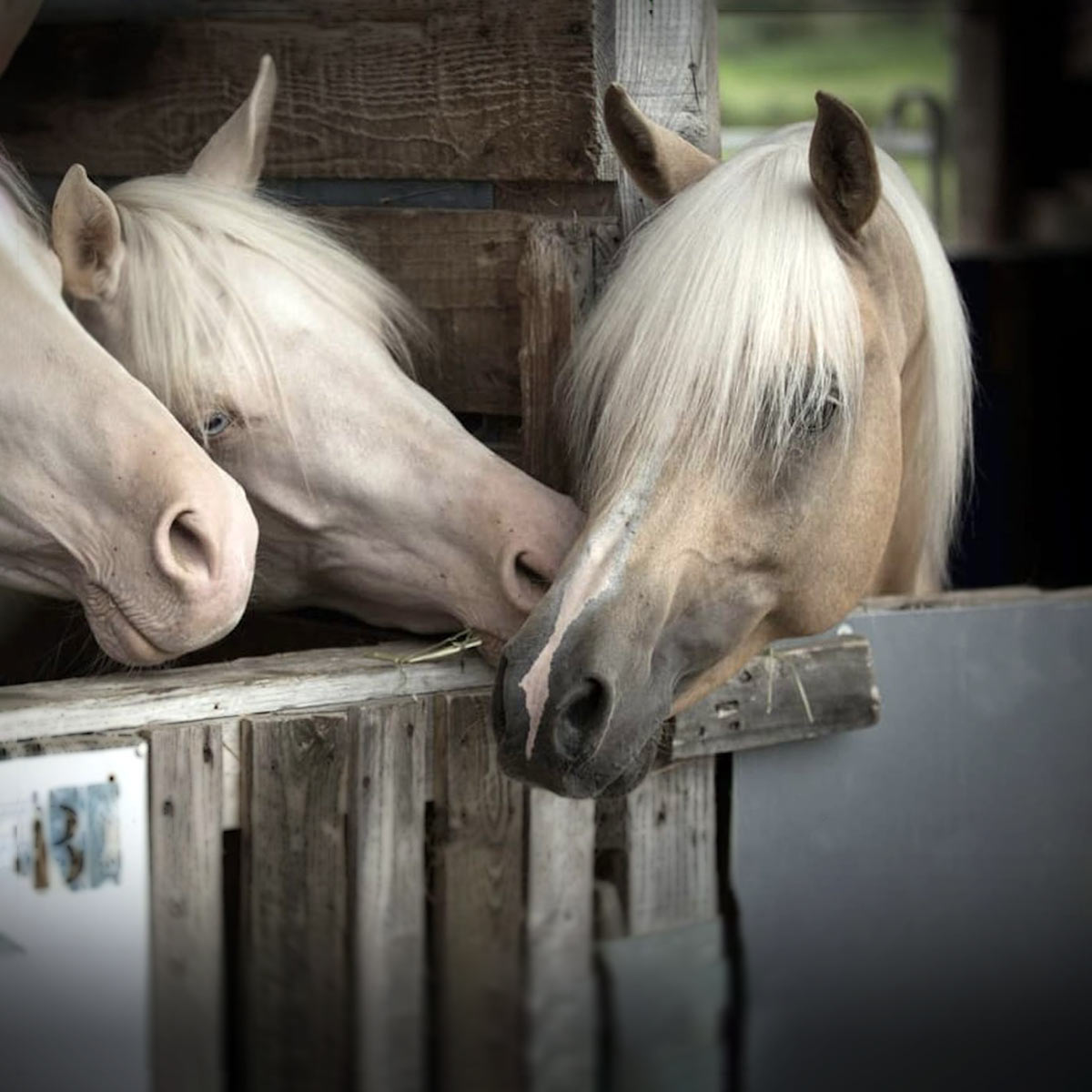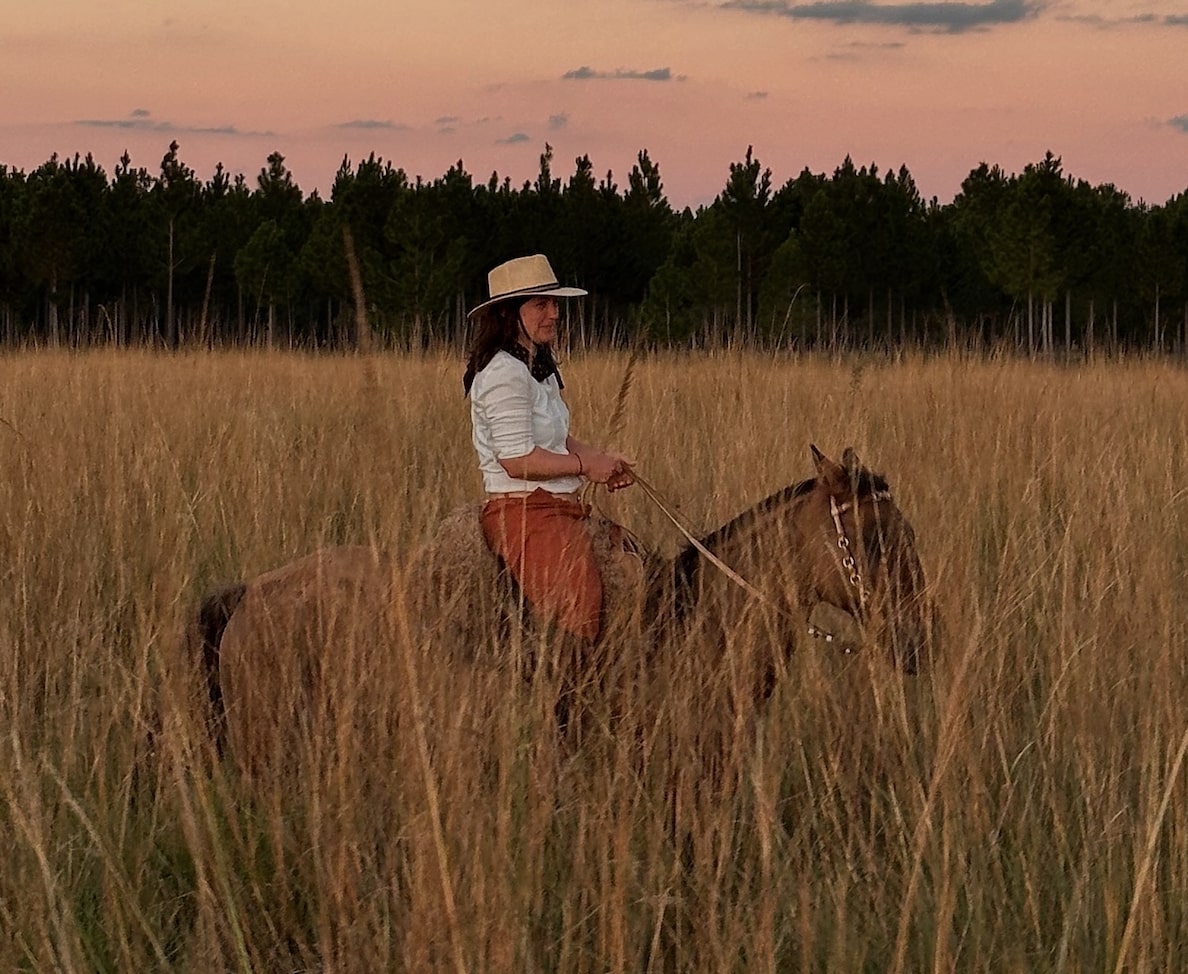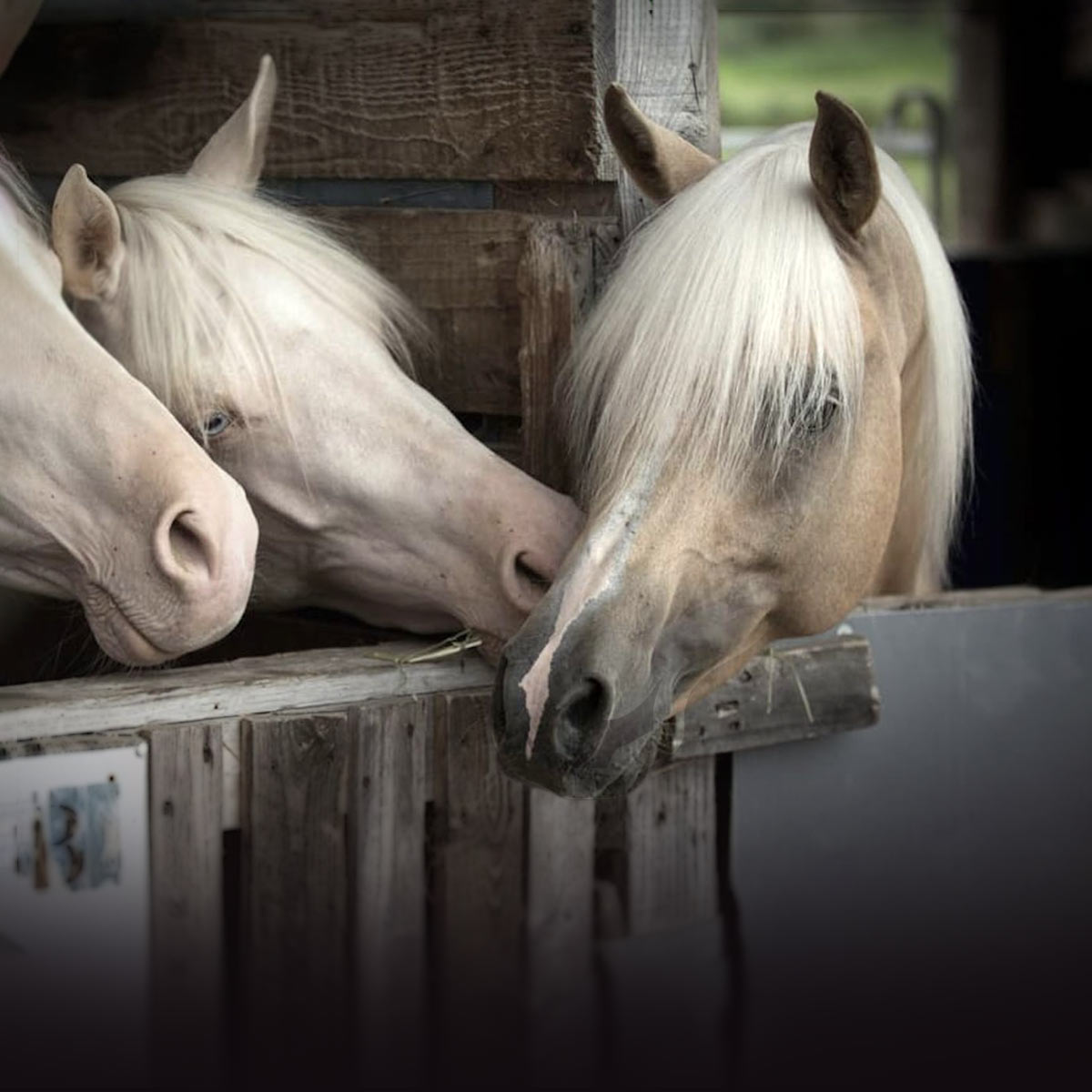Overgrasing by cattle and sheep, the effects of climate change, and reckless drivers all threaten the Welsh pony herds of South Wales. Only a handful of dedicated volunteers have taken it upon themselves to care for the welfare of the roughly 130 ponies.
Natural Resources Run Dry
Diane Cole from Caerphilly in South Wales is one of them. Summer and winter alike, she and her fellow volunteers from Hungry Herds look after the animals – no matter the weather. This year, the heat was especially extreme. So extreme that the streams completely dried up, leaving the ponies with no natural resources at all.
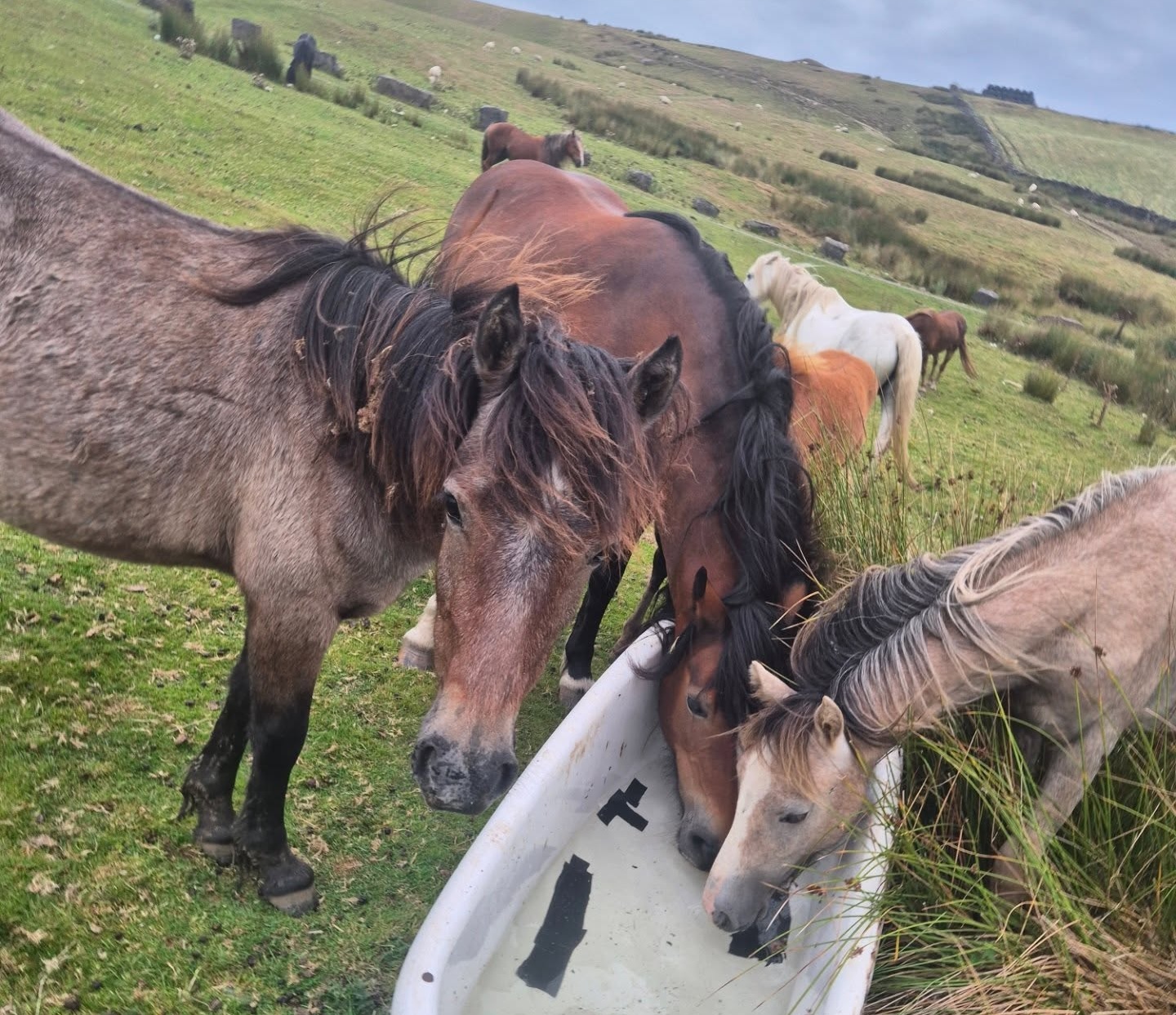
“We brought bathtubs full of water to the stallions, mares, and their newborn foals,” Diane explains. “They galloped towards us immediately – that’s how desparate for water they were.” In winter, the animals need to be fed haylage three times a week in addition.
Demanding Operations and High Financial Needs
The missions are exhausting and require a great deal of commitment and dedication from the volunteers. But they are also expensive: the organisation needs around £6,500 – roughly 7,000 Swiss francs – just for winter haylage. In addition, there are insurance costs and vehicle repairs.
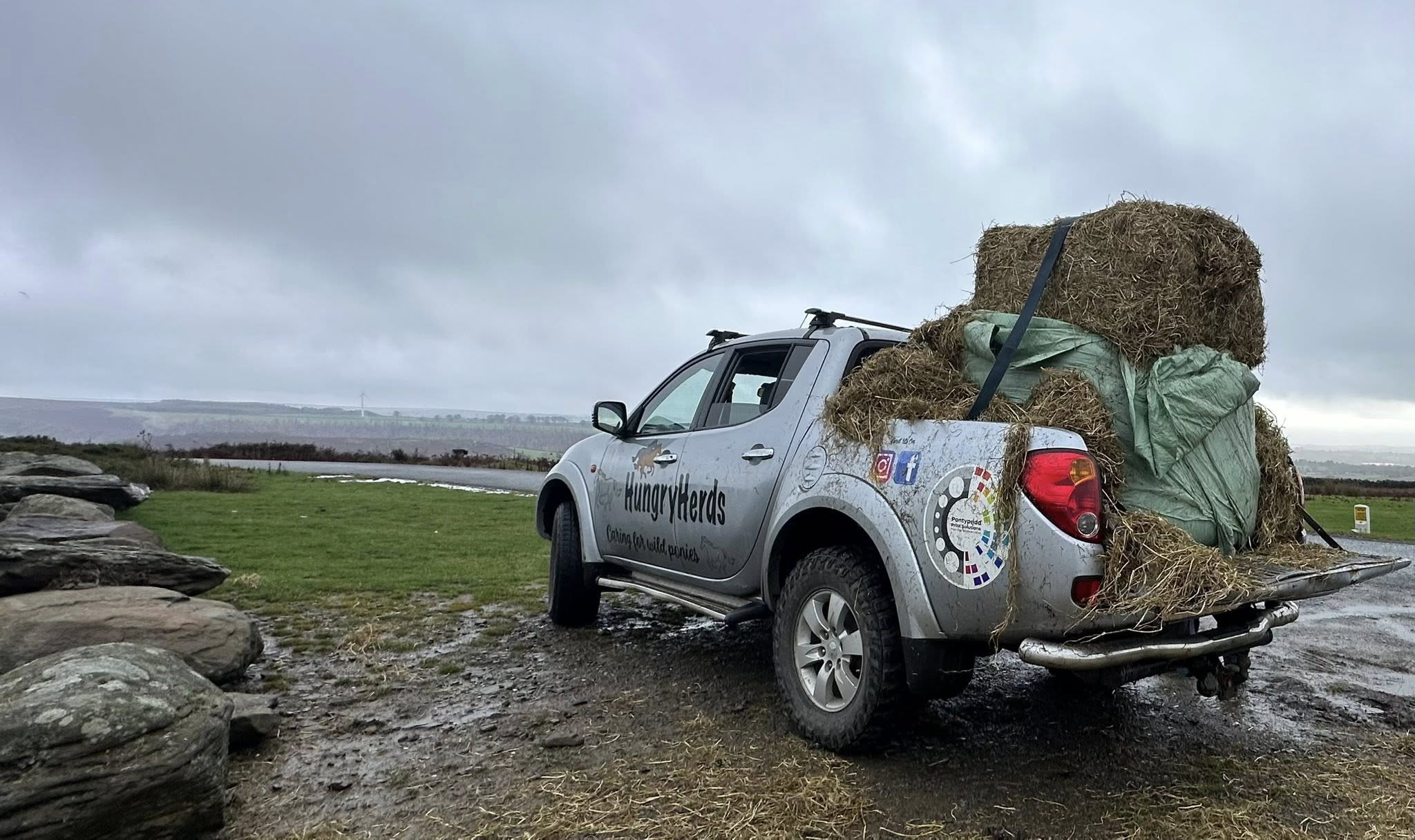
The organisation relies on the donations. It can count on the support of local people and businesses, who are reached in local social media groups for the area. “We also have many visitors stop us on the common and tell us how well we are doing”, says Diane, “which is very uplifting”.

Additional support comes from major animal welfare organisations such as the venerable Royal Society for the Prevention of Cruelty to Animals (RSPCA), the Donkey Sanctuary, and the horse protection organisations Redwings Horse Sanctuary and World Horse Welfare.“These organisations are not only vital for our financial survival,” explains Diane. “We also share relevant information and data with them so that the overall situation of the herds can be better monitored.”
“It makes us happy to see the ponies’ health improving.”
The reason Hungry Herds was founded as an association in 2017 was the often alarming health condition of the ponies. Dull coats, protruding ribs, and sunken backs and kidney areas were clear signs of malnutrition.
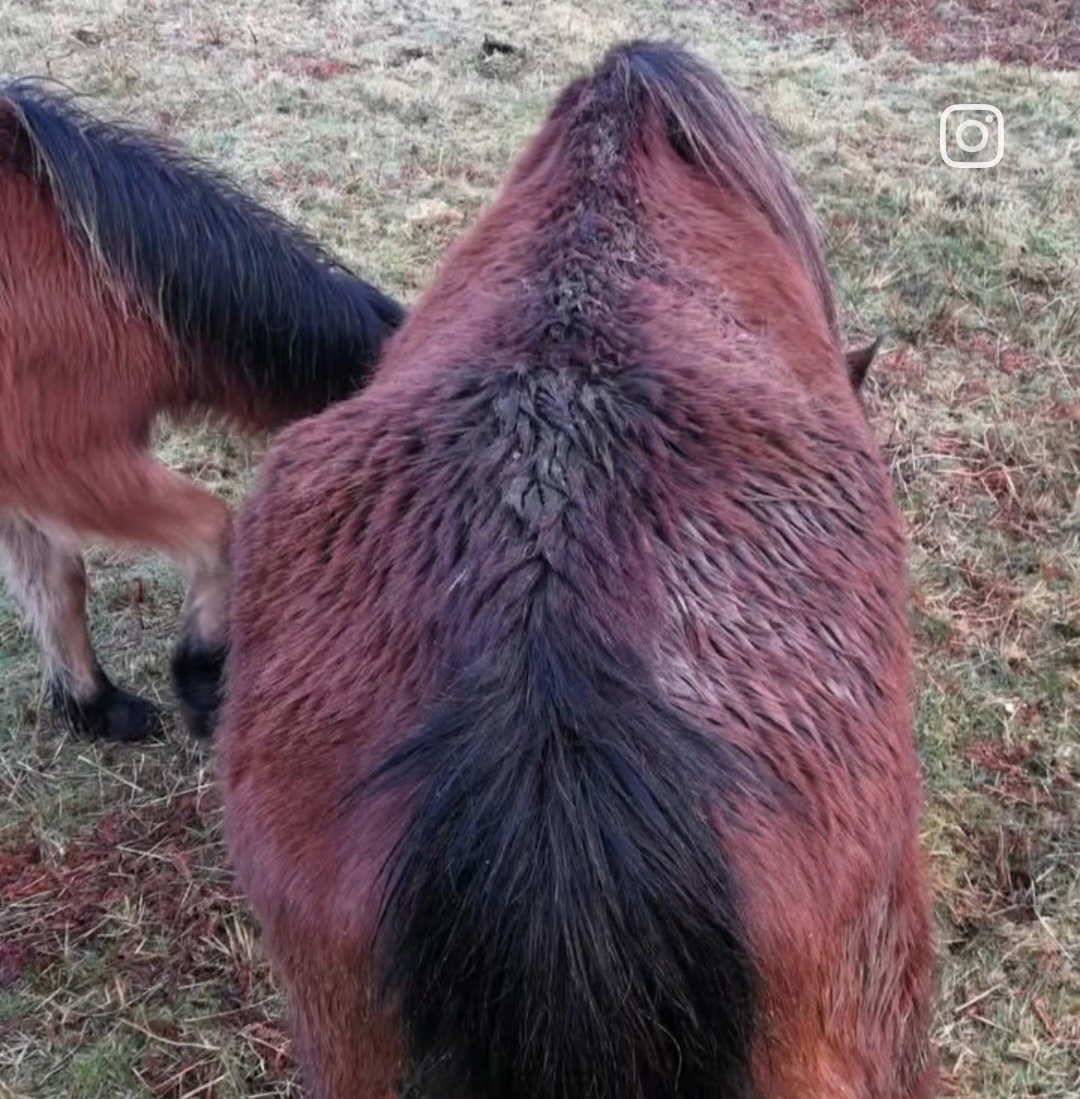
“It makes us happy to see how the ponies’ health improves thanks to our work,” says Shannon Livingstone, another volunteer who enjoys the work with the ponies. “We develop an emotional bond with many of them – after all, we see them several times a month, and we also get to witness the birth of their foals.”
Tragic Death on the Road
But alongside the beautiful memories, there are also tragic events. The ponies’ habitat is not protected, and many winding roads cut through the hilly landscape.
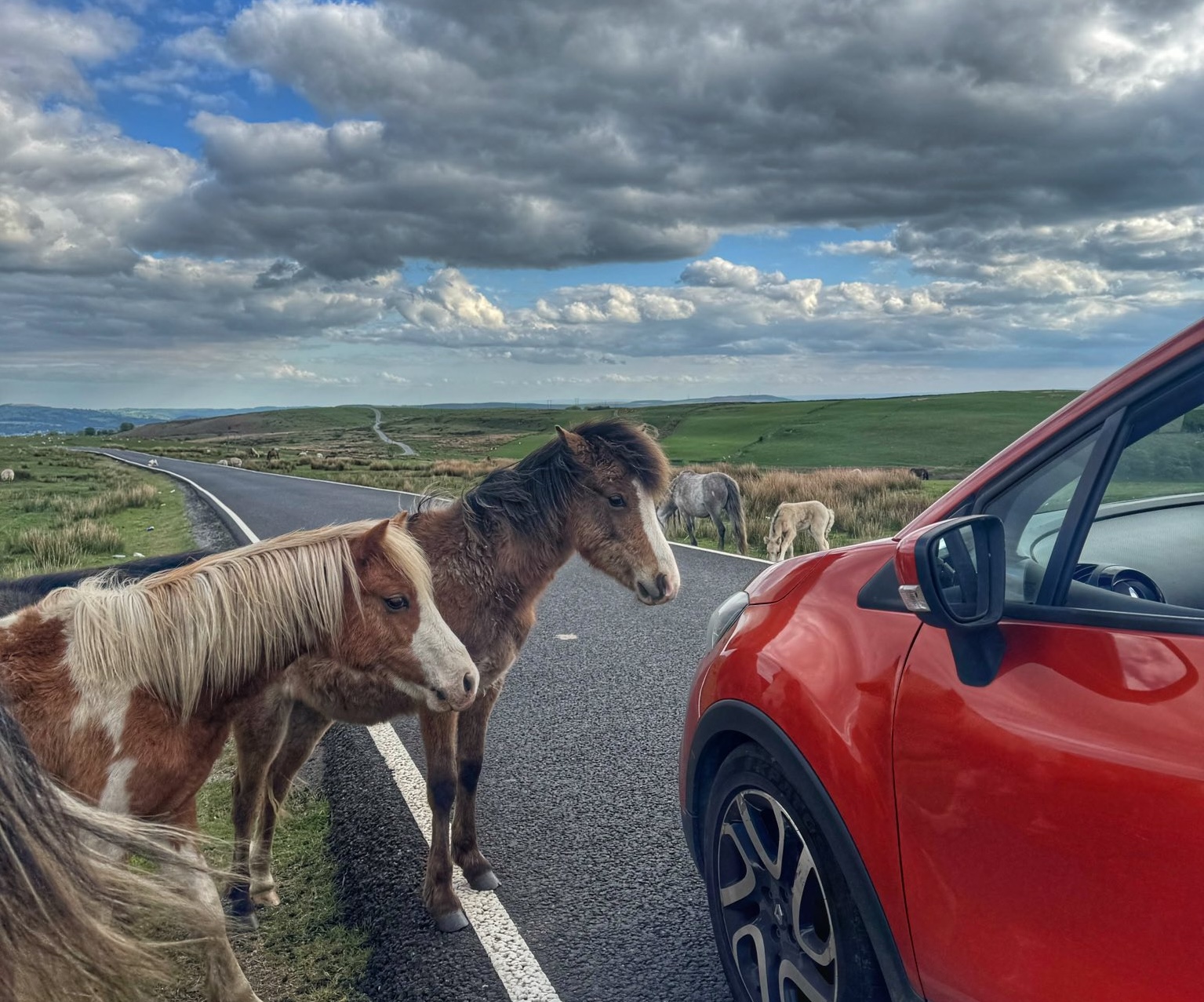
Fog is a particular problem in autumn. Just this autumn, a foal born in the spring was hit by a car.Although drivers are legally required to stop and report accidents involving animals, this often doesn’t happen — as was the case here. The young colt died on the road. It’s uncertain how long he survived after the accident. His mother searched for him desperately for days. The volunteers from "Hungry Herds" also joined the search.

While traces of the vehicle were found at the scene, they have so far not led to the driver responsible. Shortly after, a grown up pony died in a collision.
Environmental Offenses as a Health Threat
Another, far less obvious but equally dangerous threat is litter. The volunteers collect bag after bag of waste, including illegally dumped electrical items that can injure the horses. Discarded food is also eaten by the ponies and can cause life-threatening colic. Apart from that, the rubbish also spoils the landscape — one that is very popular with tourists.
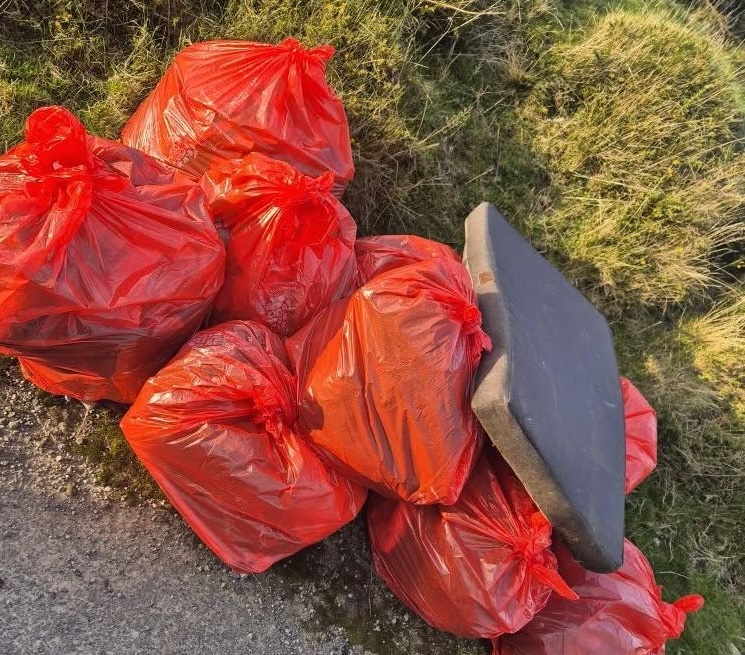
Tourist Attraction in South Wales
The home of the Welsh ponies — the region north of the Welsh capital, Cardiff — is characterised by gently rolling, green-shimmering hills and wide uplands. The picturesque towns of Bargoed and Gelligaer are the best starting points for encountering these resilient creatures. They are most likely to be found on Merthyr Common and Gelligaer Common.
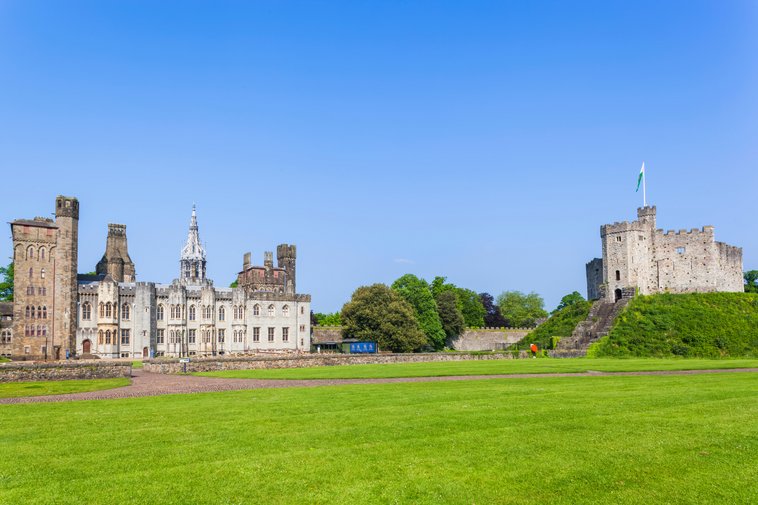
Insider tip: Visitors who would like to support Hungry Herds during their stay can enjoy a beer and great food at the Bedlinog Inn pub in the village of the same name and stay overnight in the adjoining bed & breakfast. The owners are are generous and long term donors to the ponies.








